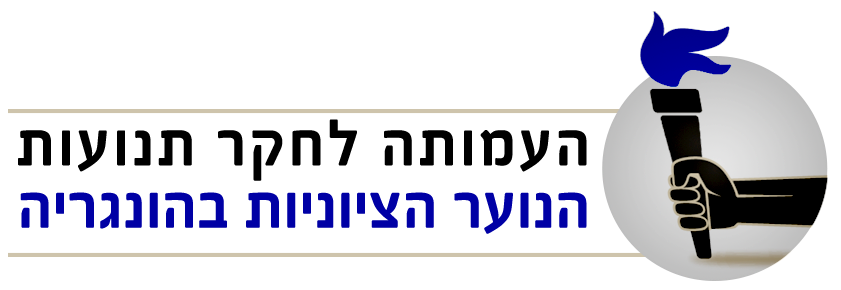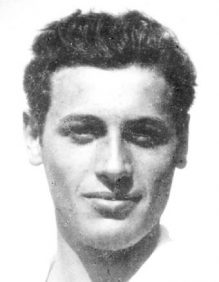Mordehai’s family lived in Kisvárda. His father was a learned person and a Zionist activist. Mordehai joined the movement at an early age. He learned mechanical locksmith’s work. He moved to Budapest and, from 1942, assisted in the absorption of refugees, members of the movement, from Slovakia. He lived in a commune of the Sela organization. In 1944 Mordehai enlisted in a forced labor unit but after a while he escaped and arrived back in Budapest. After the Germans invaded Hungary on 19.3.1944, he went underground. Due to an informer he was arrested and taken to the Sárvár camp. The attempts of his comrades in the movement to rescue him failed and eventually Mordehai was deported and stayed at various concentration camps. Thanks to his professional skills he managed to survive. After the liberation he returned to Budapest, resumed his activities for the movement and in 1947-1948 he was an instructor in a Hagana training camp in Hungary. He made aliya in October 1948 with his wife Miriam Fleischman and joined Kibbutz Ga’aton. Later he left the kibbutz and lives now in Kiriyat Tivon.
Mordehai Fraenkel has written an autobiography, published by the author in Hebrew in 2008: Elu Hatmunot Shenisharu – The Images that Still Haunt. 120 pages.


